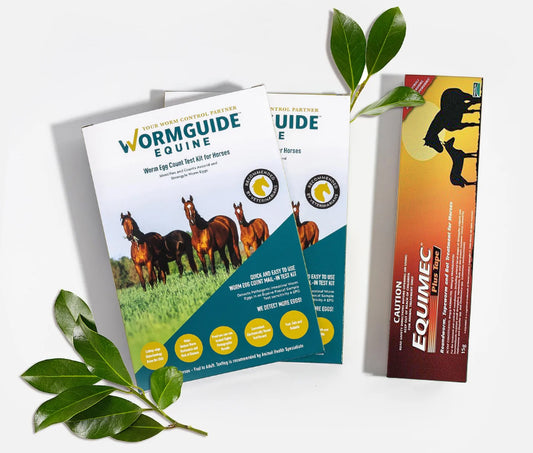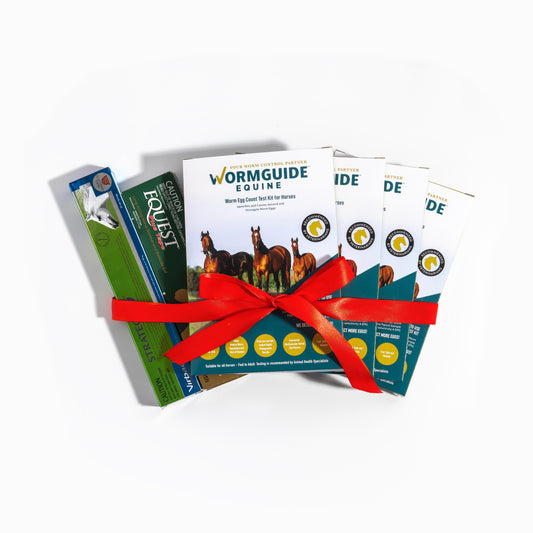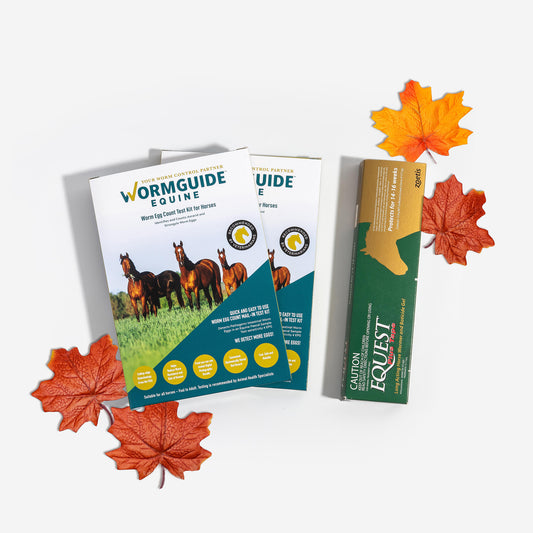Tick, tick, tick … Can you hear that?
Tick, tick, tick …. No, it’s not cicadas. Tick, tick, tick …. Or crickets.
Tick, tick, tick … Nuh ahh … it’s not the low oil pressure in your car (lol).
Tick, tick, tick … It’s the sound of time running out!
The clock is ticking on every available horse worming treatment’s ability to kill your horses’ worms.
Pleeease … if you own horses or care for horses, listen up BEFORE IT’S TOO LATE.
If we are to safeguard our ability to keep horses healthy in the future, then we have to work together and we have to act now to slow dewormer resistance.
What will you do when dewormers stop working?
What is resistance?
Resistance (also known as dewormer resistance, horse wormer resistance, drench resistance, or anthelmintic resistance) is a global problem that refers to the ability of horse worms to survive the worming treatments that were once effective in killing them.
Worms that survive treatment pass on this invincibility gene to the next generation of worms and so the problem grows.
Resistance is rampant to all available drug classes and has already been detected on many Australian horse properties. This is a big deal because the future of our horses’ health and our pastures viability is at stake.
Resistant worms cannot be killed and once they infect your property they can never be removed.
Why does it develop?
Horse worms are subject to natural selection just like every other species on Earth.
Natural selection is the process by which organisms that are better adapted to their environments produce more offspring to transmit their genetic characteristics (National Geographic Society, 2022).
Turns out, Mother Nature doesn`t want to give up her horse worms to our wonder drugs without a fight!
When we worm our horses too much, we kill off the worms that are susceptible to the drugs we use, (that’s the point right!) but we also leave resistant worms behind. (AKA the pesky worms that can’t be killed because they have developed a super-worm genetic resistance to the medications used)
These resistant worms then breed to make more resistant worms (OMG … talk about prolific breeders!) and overtime all the worms remaining become resistant to the worming medications used.
So, the more we worm the more resistance we get.
How did this happen?

Let’s take a look at the history of deworming for horses to understand how we got here (and how we address the issue!)
Gather around the radio set! We’re going back to the 1950s
For the first time we have no new worming medication to turn to. There are no new equine anthelmintics under development, so it is imperative that the efficacy of any currently-effective drug be maintained for as long as possible.
Once we run out of medications that kill intestinal worms, we don`t have anything left and we will be managing horse worm control pre the development of anthelmintics: back to the 1950s when 90% of fatal colics were due to large strongyles….. or back to the 1600’s when parasites were treated with bloodletting.
If we are to safeguard our ability to keep horses healthy in the future, then we have to work together and we have to act now to slow dewormer resistance.
Visit wormguide.com.au to find out more about using Faecal Egg Count (FEC) (aka Worm Egg Count (WEC)) evidence to slow the spread of resistance.
Get essential worm control guidance with our high-performing Worm Egg Count Mail-In Test KIt.
Treat the right worm at the right time with the right deworming treatment.
Find out more about Australia’s only high-performing Gold Standard Resistance Detection Service
New to WormGuide?

Here are some of our customers’ favourite WormGuide features:
- Australia-wide service
- Bio-safe collection Kit
- Free EXPRESS sample postage
- Highly accurate & precise digital testing tech
- Exclusive Results Ebook
- Complimentary vet consult (Valued at $150)
- One-stop-worm control shop
- Sustainable worm control solutions
- Essential worm control guidance
- Ongoing customer support
What will you do when dewormers stop working?
Don’t wait until it’s too late! High-performing Faecal Worm Egg Counts are the key!
Best
Larissa and Team WormGuide - Australia’s leading evidence-based horse-worming egg-counting team!










